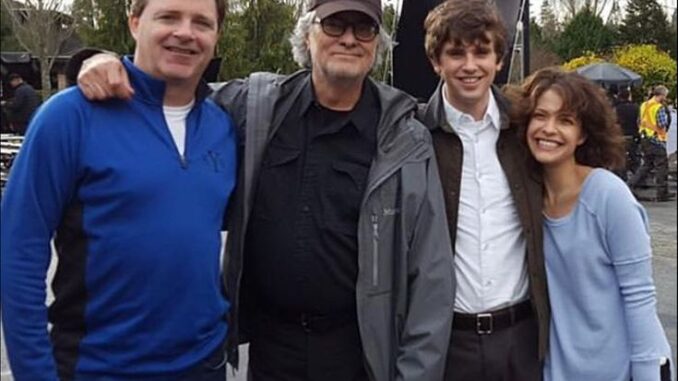
The Good Doctor has been praised for its portrayal of autism and the challenges faced by its protagonist, Dr. Shaun Murphy, a brilliant surgeon with autism.
One of the key issues that The Good Doctor overlooks is the importance of support systems for people with developmental disabilities. In real life, many individuals with autism or other developmental disabilities need a range of services, including therapy, vocational support, and assistance with daily living tasks. However, the show primarily focuses on Shaun’s personal journey and his ability to overcome medical challenges without giving much attention to the broader support systems that are essential to his daily life.
Another area that the show does not fully address is the experience of navigating the healthcare system as a person with a developmental disability. While Shaun’s abilities as a doctor are highlighted, the show rarely addresses the challenges he would face as a patient seeking care. People with autism or other developmental disabilities often face barriers when accessing healthcare, including miscommunication, a lack of understanding from medical professionals, and difficulty advocating for their needs.

While The Good Doctor does a commendable job of portraying Shaun’s personal struggles and triumphs, it misses an opportunity to provide a more holistic view of disability services. The show could have done more to highlight the real-life struggles and triumphs of individuals with developmental disabilities who rely on support services, both in healthcare and in other areas of their lives. By expanding the focus beyond Shaun’s individual journey, the show could have explored how the system works—or doesn’t work—for people with disabilities, shedding light on the broader issues they face.
The Good Doctor has been a trailblazer in representing individuals with autism, but it falls short in fully addressing the complexity of developmental disability services. The show misses an opportunity to dive deeper into the support systems that people with developmental disabilities rely on and the challenges they face in navigating healthcare. A more comprehensive portrayal of these issues could have provided a richer and more accurate representation of the experiences of individuals with disabilities. By broadening its focus, The Good Doctor could have further contributed to raising awareness and fostering a greater understanding of developmental disabilities in society.
